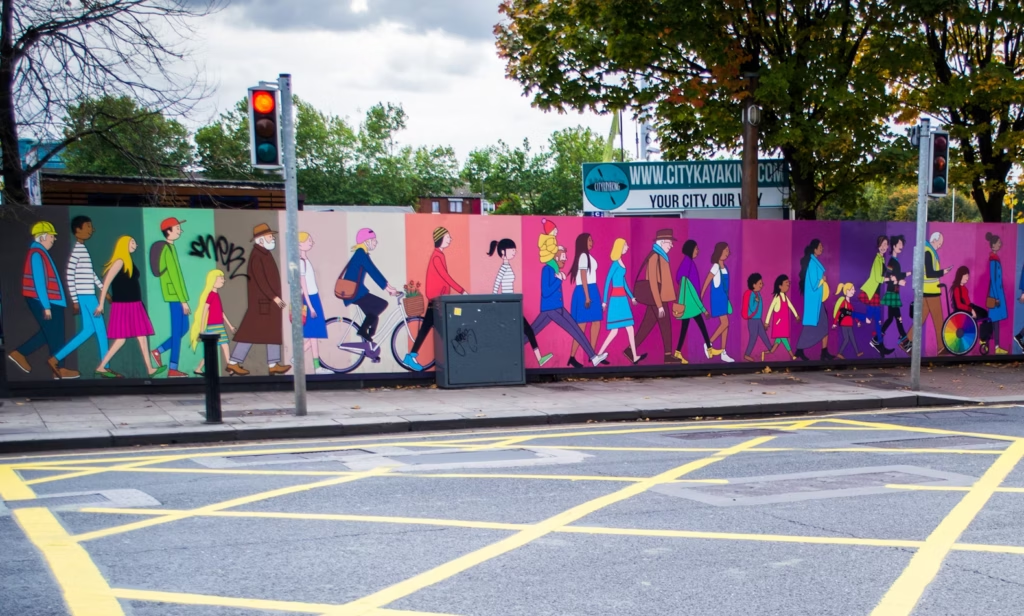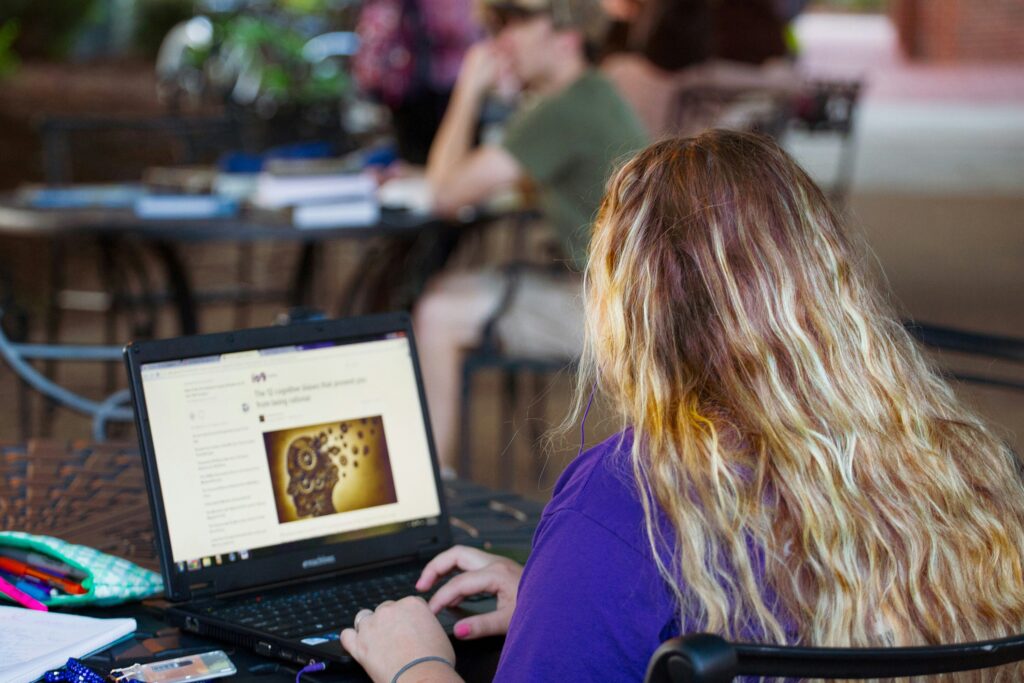Engaging and Relevant: Why Sociology Should Be on Your Homeschool Radar
As they transition into young adults, your homeschoolers are navigating identity, relationships, belonging, and an increasingly complex world. What if there was a course that helped them make sense of it all while building college- and career-ready critical thinking skills?
Enter sociology — the scientific study of human behavior and society. While it may not be the first course that comes to mind when considering your homeschool curriculum, sociology offers something uniquely valuable for teenagers: a reliable framework for understanding themselves and their world through a scientific lens.
What is Sociology?
Sociology is the scientific study of how people interact with each other and the societies they create. It examines everything from individual behavior to large-scale social movements, asking questions like:
- How and why do groups form?
- What are social norms and how do we internalize them?
- What are social institutions and how do they impact our lives?
- How are gender roles, expectations, and sexual orientations shaped by social forces?
- How are race and ethnicity socially constructed?

Meet Your Students Where They Are
Sociology meets teenagers where they are developmentally — curious about identity, relationships, and their place in society — while providing them with scientific tools to explore these interests rigorously. High school sociology tackles the questions teenagers are already asking themselves about identity, belonging, institutions, and social movements.
Select a category to explore relevant topics your students can investigate through sociology!
- How do peer groups influence who we become?
- Why do teenagers often feel caught between childhood and adulthood?
- How does social media shape self-perception and relationships?
- How do different communities cultivate belonging?
- How do cultural traditions evolve across generations?
- Why do some social movements gain momentum while others don’t?
- How do economic differences affect educational opportunities?
- What role does privilege play in everyday interactions?
- How are stereotypes formed and perpetuated in society?
- How do new technologies reshape human relationships?
- What drives social movements and cultural shifts?
- How can individuals create positive change in their communities?
Building Valuable Skills For Beyond the Classroom
Sociology courses don’t just teach content — they develop essential and enduring skills that prepare your students for their next steps. Extending far beyond academic success, the analytical mindset that sociology fosters helps students become more discerning consumers of information, more engaged citizens, and more thoughtful individuals in their relationships with others.
Whether your student pursues college, the workforce, or simply community engagement, sociological thinking provides a valuable foundation for navigating an ever-changing, interconnected, world.
Sociology naturally teaches students to dig deeper. Rather than accepting information at face value, they learn to gather evidence from multiple sources, question underlying assumptions, and carefully distinguish between correlation and causation. This process of building well-reasoned arguments based on solid evidence translates directly to success in any field.
When students practice analyzing social issues through a sociological lens, they’re developing the same critical thinking skills that employers and universities value most. The habit of asking “why” and “how do we know” becomes second nature.
Today’s colleges and workplaces prize the ability to engage in meaningful dialogue and work collaboratively with others. Sociology provides natural opportunities for students to practice these skills in a structured environment. Through discussing complex social issues, students learn to articulate their thoughts clearly, listen to different perspectives, and build on others’ ideas.
The discussion-based nature of sociology courses means students regularly practice expressing their observations and insights. This experience translating thoughts into clear, persuasive communication pays dividends in college seminars, job interviews, and professional presentations.
In sociological environments, empathy is recognized as a crucial tool for learning about the diverse experiences of others. By introducing students to what sociologists call “the sociological imagination” — the ability to see how individual experiences connect to larger social patterns — they can better understand that people’s choices and circumstances are shaped by factors beyond their control, fostering genuine empathy and cultural awareness.
This skill in perspective-taking prepares students for our diverse, changing world. Whether they’re working with colleagues from different backgrounds, engaging with new communities in college, or simply trying to understand current events, the ability to step outside their own experience and consider other viewpoints proves invaluable.
Implementing Sociology Into Your Homeschool Curriculum
When considering homeschool curriculum, you should always begin by checking out the homeschool laws and regulations for your state. In most cases, a sociology course can satisfy either a social science or elective credit.
Integrating sociology into your high schooler’s curriculum can look like this:
- Choosing a structured textbook and accessible materials designed for high school level.
- Establishing your student’s sociological goals and choosing engaging activities and supplementary materials accordingly.
- Incorporating current events analysis as regular assignments.

Start Your UITAC Journey Today!
At UITAC, we strive to provide flexible and dynamic sociology curriculum solutions that meet the needs of modern homeschool learners. Are you looking for an adaptable, multimodal solution? Check out our downloadable product guide to learn more about what we offer and explore our sociological solutions!
